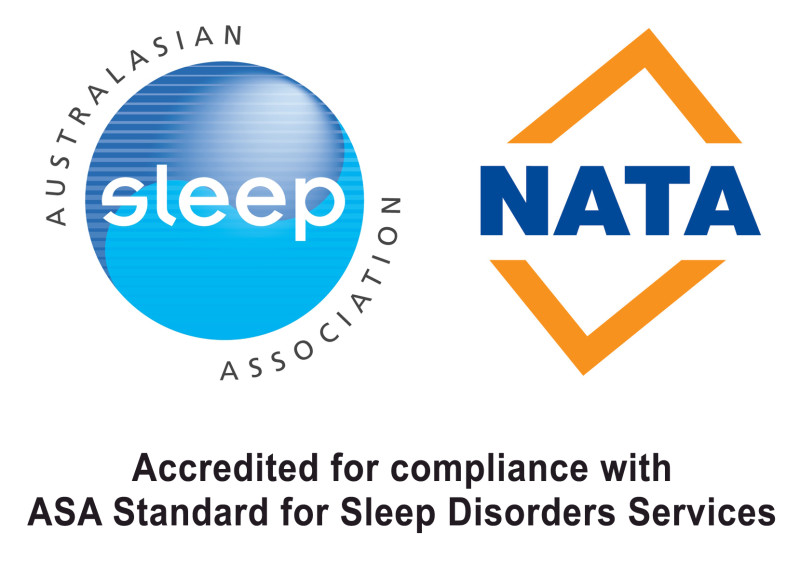
Sleep & Other Disorders
There has been a significant amount of sleep research conducted around the world to study the effects of sleep on the body.
Sleep problems do not just affect how tired you feel during the day, they can also have profound effects on your state of being. It can affect how you feel emotionally, it can affect your health directly and at different stages of life can also have direct impacts on your sleep.
COPING WITH SHIFTWORK

A main reason that shift work can be challenging to your health and lifestyle is the fact that your body is so sensitive to changes in circadian rhythms, which can affect your health and your quality of sleep.
SLEEP AND DEPRESSION

Increasingly, depression is being recognised as a condition that involves how our body functions, how we feel about ourselves and how we respond to events in our lives. Trouble falling asleep and or staying asleep are important features of depression.
SLEEP AND HEART DISEASE

Sleep is a time of rest for the entire body. Even the heart, which works day and night, naturally slows down during sleep. That’s why unhealthy heart function (caused by conditions such as heart disease) can deprive the body of restful sleep. Yet, the relationship between heart function and sleep works both ways.
SLEEP AND OCCUPATIONAL HEALTH AND SAFETY
 One of the most riskful hazards in relation to sleep disorders is fatigue. Fatigue is a hazard in the workplace and is 4 times more likely to impair workplace performance than alcohol or drug use.
One of the most riskful hazards in relation to sleep disorders is fatigue. Fatigue is a hazard in the workplace and is 4 times more likely to impair workplace performance than alcohol or drug use.
SLEEP AND WOMEN

How well a woman sleeps significantly affects her quality of life. Recent studies have paid a lot of attention to women’s sleep patterns, needs and special problems. Did you know, for instance, that women are twice as likely as men to have difficulties falling asleep or staying asleep?
SLEEP AS WE GROW OLDER

Your hair is turning grey, vision is blurring and fine lines are appearing on your face. Even your sleep patterns seem to shift as you grow older. While sometimes hard to adjust to, these are all natural changes in older people, even healthy ones. But make sure you look out for the unhealthy ones!
SLEEP AND STROKE
Stroke is the second leading cause of death worldwide.
The relationship between sleep disorders and stroke is important. Strokes can lead to sleep problems, and some sleep problems can increase the risk of stroke.
SLEEP AND DRIVING
A range of medical conditions (mental and physical) may adversely affect your ability to drive safely, and could result in a crash causing death or injury. This includes sleep apnoea, and other sleep disorders.



